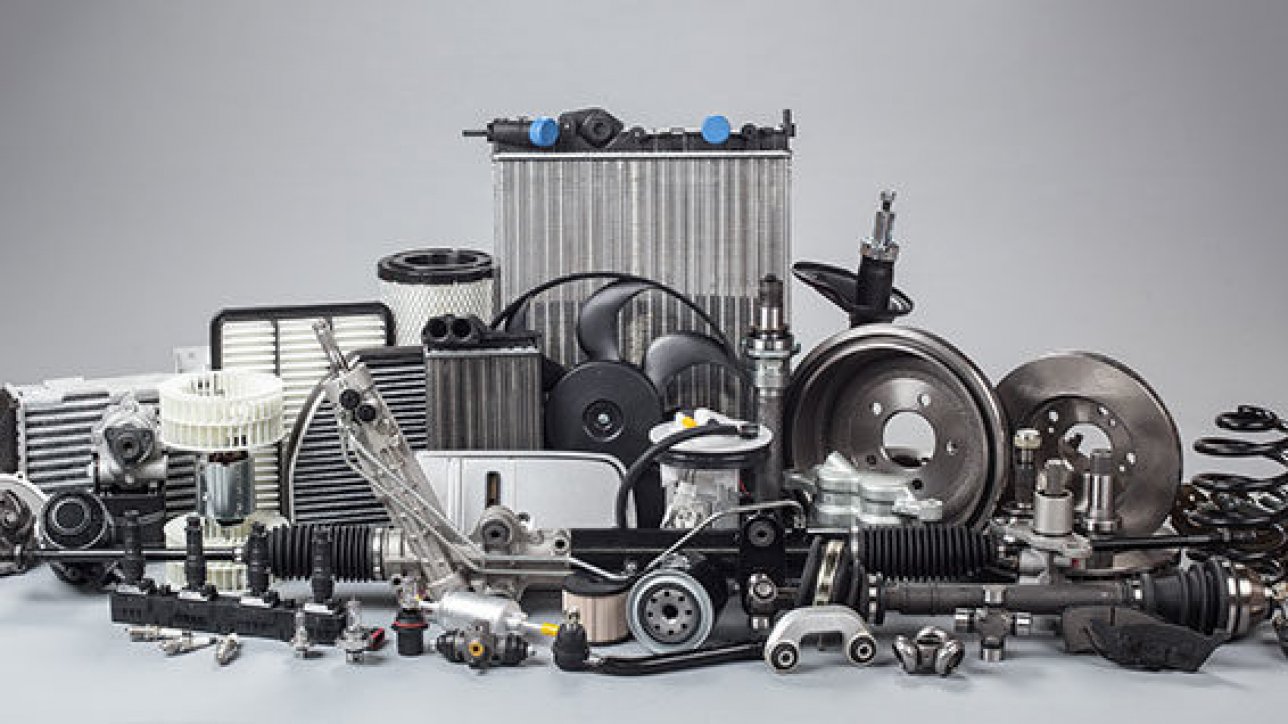Even one crash, one injury or one death because of a fake car part can ruin the reputation and business of an automotive giant – can your brand take that gamble?
You can buy everything, and we mean everything, online these days, but more and more consumers are putting their lives, and the lives of their families, at risk by buying fake car parts online.
Of course, most people don’t know that the parts they are buying are fake – they think they have just gotten a great deal. But, with counterfeit car parts becoming more difficult to identify, there is a clear and serious danger to all drivers, and all brands in the automotive industry, now and in the future.
Fake car parts are speeding up
According to the Nationwide Research Group the global fake car parts market is worth AUD $20 billion, and it is only growing.
In 2016, 33,000 counterfeit Toyota car parts destined for the Australian market were seized in raids across Guangzhou City in south-east China. Additionally, 55,000 packages branded in the style of Toyota Genuine Parts, complete with barcodes and serial numbers, were seized. Unless specifically trained to spot the fake packaging, there is no way the average mechanic or consumer would know that what they were receiving wasn’t genuine.
While the most common counterfeit parts are filters, lights, wheel rims, grills and cables, most alarmingly, safety-critical items such as airbags, brake master cylinders and brake pads were among those seized in the Chinese raids.
Last year, BMW published a video showing that counterfeit parts resulted in 14 to 25 metres of additional stopping distance when brakes were applied at 100km/h – a potentially lethal consequence of using fake car parts.
A global crash waiting to happen
But, it’s not just China who continue to pump out fake car parts. In 2018, 26 raids across the United Arab Emirates (UAE) resulted in the seizure of almost 500,000 counterfeit car parts. The total worth was AUD $8 million and the parts were labelled with the trademarks of 15 different car makers.
Plus, in February 2018, the European Intellectual Property Office (EUIPO) estimated that AUD $3.5 billion is lost every year by the legitimate parts industry to counterfeit tyre sales, and AUD $285 million each year due to counterfeit battery sales. This is 7.5% and 1.8% of each sector’s sales respectively.
And, as of last year, the Australian Border Force now officially lists ‘car parts’ as one of the most common categories of counterfeit goods. What can the automotive industry do to combat such a deadly problem?
Ensuring the genuine article
Unlike in other parts of the world, such as the UK and the UAE where industry bodies have established a collaboration with law enforcement agencies, enforcement in Australia and New Zealand rests almost entirely with the intellectual property rights holder – the car manufacturers.
In 2015, Toyota Australia took action in the Federal Court against two distributors of counterfeit airbags, who finally agreed in an out-of-court settlement to contact customers and replace the fake parts with genuine items. However, tracking down every counterfeit distributor and dodgy mechanic is a billion dollar exercise that car manufacturers simply can’t afford.
But, at YPB, we provide solutions that control inventory via Track and Trace digital methods that can be part of packaging or be embedded into the manufacture of the parts themselves. These applications can be designed to be overt or covert in nature and can stop counterfeiters in their tracks. Working with your team we can create an anti-counterfeiting system that works best for your business and your customers.
Counterfeit car parts put lives at risk and destroys trust in your brand – contact YPB today to find out how to engage your customers to help your brand cross the finish line first.

